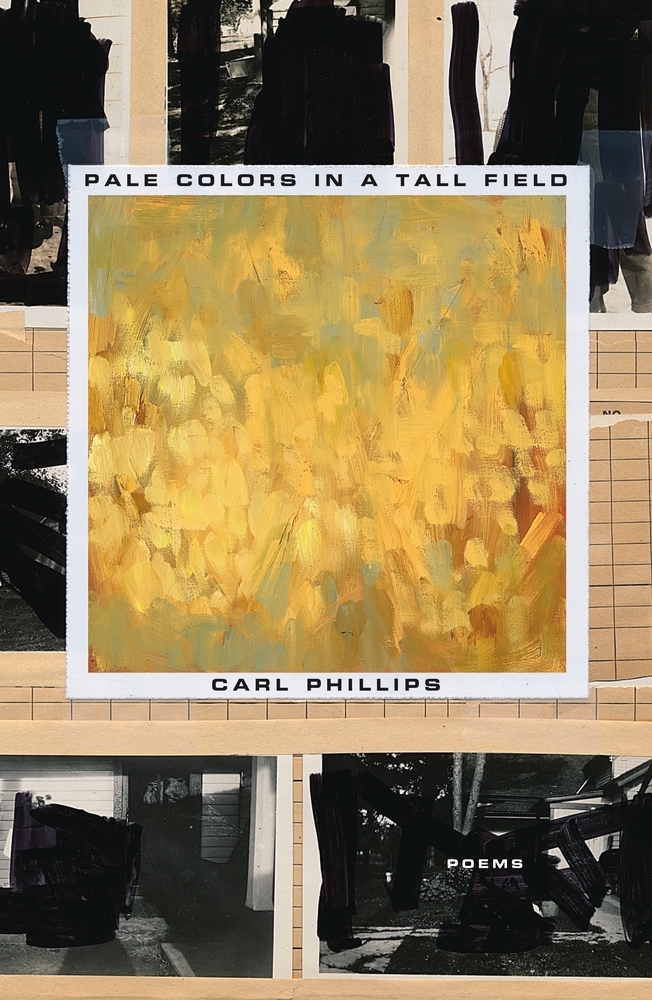Remind me to show you where the horses finally got freedfor good—not for the freedom of it, or anything likebeauty, though their running was for sure a loveliness, I’mthinking more how there’s a kind of violence to re-enteringunexpectedly a space we never meant to leave but gottorn away from so long ago it’s more than half forgotten,not that some things aren’t maybe best forgotten, at acertain point at least, I’ve reached that point in my own lifewhere there’s so much I’d rather not remember, thatto be asked to do so can seem a cruelty, almost; bad enough,some days, that there’s memory at all, though that’s notexactly it, it’s more what gets remembered, how wedon’t get to choose. For example, if love used to meanrescue, now it’s more gladiatorial, though in the endmore clean: Who said that? Not the one whose face I’vedescribed somewhere as the sun at that moment when,as if half unwilling, still, to pull itself free from the night’sshadow-grove of losses, it first begins to appear. No.Not that one. And not the one whose specialty wasmaking a bad habit sound more excusable by calling itritual—since when do names excuse? Wish around for ithard enough, you can always find some deeper formof sadness where earlier—so at least you thought—meresorrow lay … I’d been arguing the difference betweenthe soul being cast out and the soul departing, so Istill believed in the soul, apparently. It was that long ago.
Pale Colors in a Tall Field
Feature Date
- March 1, 2020
Series
Selected By
Share This Poem
Print This Poem
Copyright © 2020 by Carl Phillips
All rights reserved.
Reproduced by Poetry Daily with permission.

New York, New York
"These poems, which are filled with longing and a sense of the poet wrestling with himself, are made up of reflections . . . While Phillips is enigmatic in these poems, he is never coy, conjuring a rich intellectual and felt life on the page for the reader."
—Publishers Weekly (starred review)
"I have never heard a bad word about poet Carl Phillips, whose next collection considers the intersections of memory, colors, and forgetfulness. If we imagined our recollections as colors, what hues would they have? Which parts of ourselves would appear vividly, and which parts dim? Phillips has the ability to be both enigmatic and reassuring in his work, always going past where you think the poem aims to go, and achieving something greater . . ."
—Aaron Robertson, Lit Hub
Poetry Daily Depends on You
With your support, we make reading the best contemporary poetry a treasured daily experience. Consider a contribution today.




